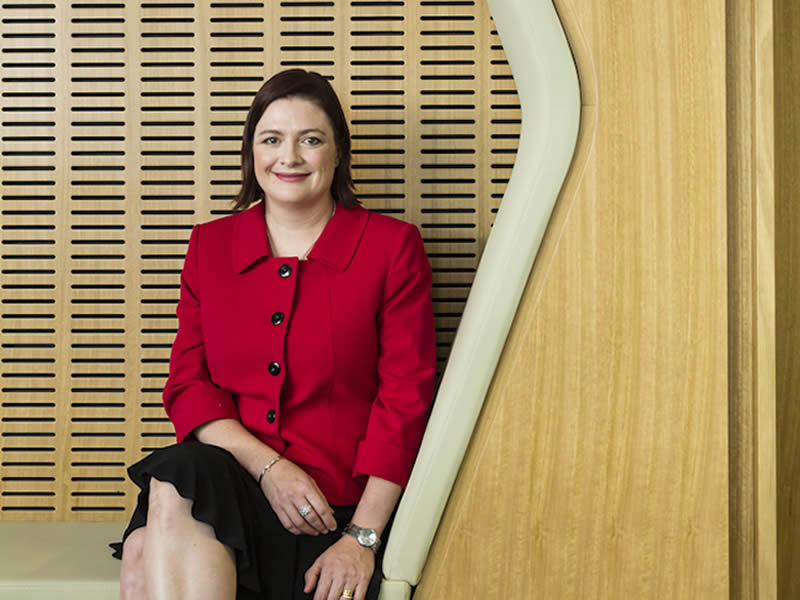Australia’s quantum academics need to accept the government will limit their international collaborations with world leading researchers because of an increasingly contested geopolitical environment, according to Chief Defence Scientist Professor Tanya Monroe.
Speaking at the Quantum Australia event in Sydney on Wednesday, Professor Monroe said the potential conflict in Ukraine and growing cyber grey zone activities are evidence of the need to guard technologies like quantum, and to enhance “mutual reliance” and shared industrial bases with allies.

She said this will mean a new and challenging environment for academics, who will be restricted from working with some of the world’s best quantum researchers on national security grounds.
“It will get harder and more difficult to partner with countries that are not allied in areas that are sensitive in critical tech,” Professor Monroe told around 800 delegates at the event presented by the Sydney Quantum Academy.
“And that will be confronting. It’ll be confronting for many academics who may have grown up in a world where you reach out to whoever published the most exciting paper in your particular area of specialty.
“But I think we have to acknowledge we’re in a different world now. And there will have to be constraints when you’re working on technologies that touch on national security.”
Australia’s chief defence scientist said this would be offset to an extent by closer ties with countries like the US and UK, which last year signed a trilateral security agreement that includes information sharing on critical technologies including quantum.
But collaboration with researchers in China – which is pouring billions onto quantum and is regarded as a global leader in areas like quantum communications and satellites – will be much harder after quantum was designated as a critical technology last year because of its potential “significant impact” on national interest.
The Defence Science and Technology Group led by Professor Monroe created the list of critical technologies, which was announced by Prime Minister Scott Morison last year.
The designation, which also applied to artificial intelligence, cybersecurity services and autonomous vehicles, hasn’t yet led to new regulations but means the technologies are on the government’s radar and will potentially be further scrutinised in terms of foreign interference and investment.
The increased scrutiny seems aimed at China’s growing technology powers, and part of an effort to discourage or block universities and researchers from collaborating with China on national security technologies.
Australia’s Chief Scientist Dr Cathy Foley acknowledged the challenge of restricted collaboration and foreign investment will be considered as she develops a Australia’s first national strategy for quantum this year.
She said it is one of its “nitty gritty issues” being explored as part of the social licence that should accompany Australian quantum technologies.
“[We will be] bringing along the industry to say where are the boundaries? And what is it as a country we’re willing to do or not do, who will trade with and who won’t trade with, and what we keep to ourselves and what we export knowing that we’re only a very small part of the world economy [in population],” Dr Foley said.
Australia’s national quantum strategy is expected to be completed by the end of the year.
Do you know more? Contact James Riley via Email.

